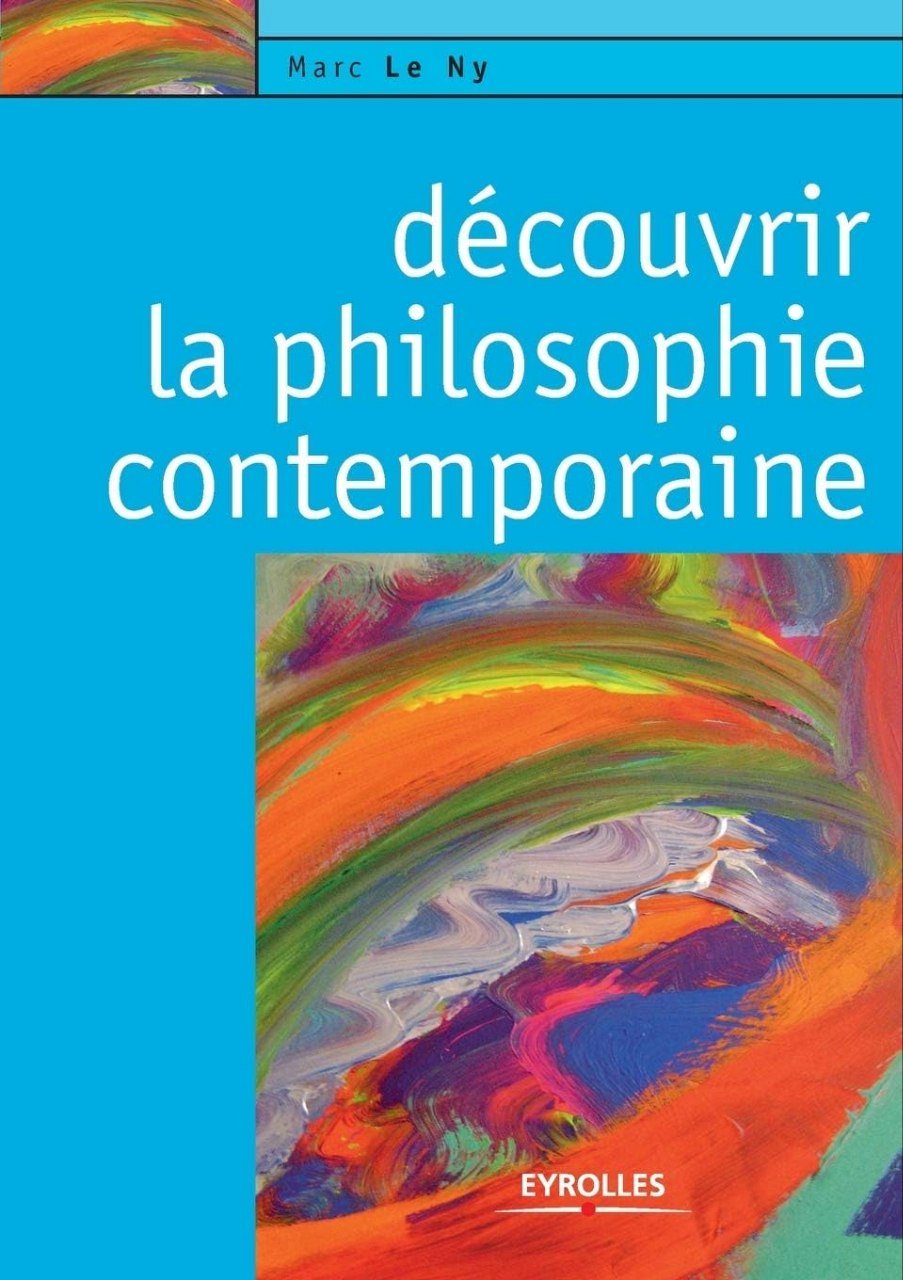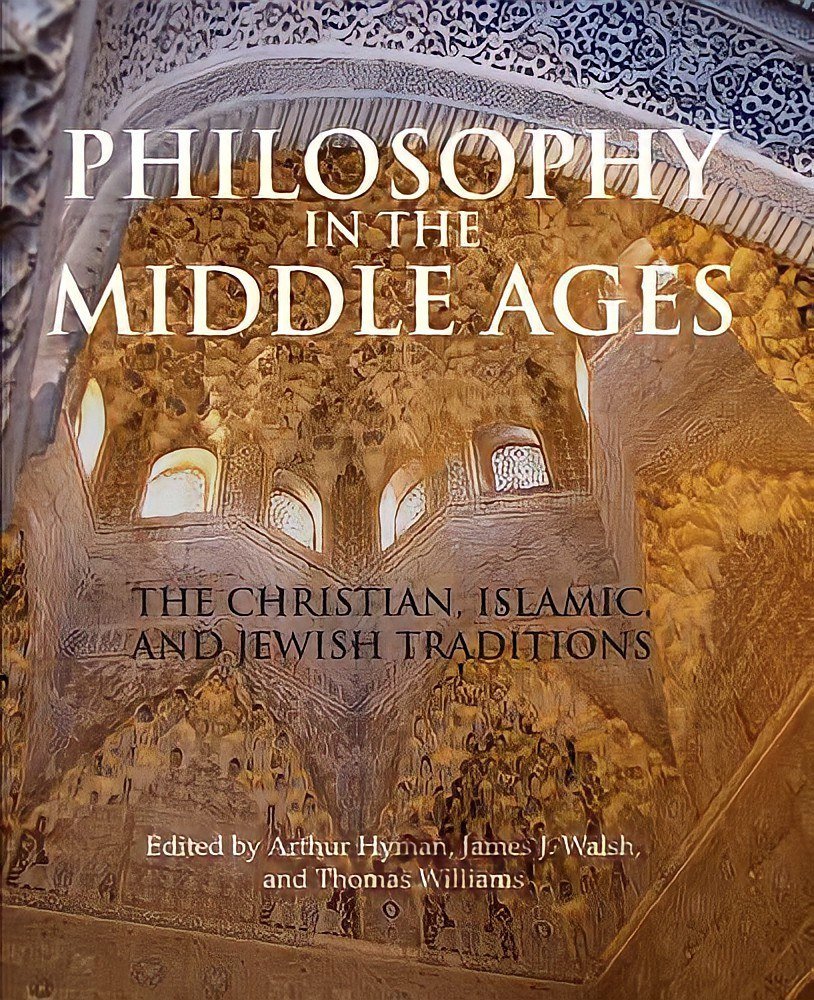

Gilles Deleuze: Vitalism and Multiplicity by John Marks
Reviews
No review yet. Be the first to review this book!
Description
Gilles Deleuze: Vitalism and Multiplicity by John Marks offers an in-depth exploration of the philosophy of Gilles Deleuze, one of the most influential thinkers of the 20th century. Marks focuses on Deleuze's vitalist philosophy and his concept of multiplicity, two key ideas that are central to understanding Deleuze’s broader philosophical project. Through this book, Marks aims to unpack the complexities of Deleuze’s work, particularly his contributions to metaphysics, ethics, and ontology. Deleuze is well known for rejecting traditional, hierarchical forms of thought in favor of a philosophy that embraces difference, change, and the dynamic nature of reality. He critiques fixed categories and binary oppositions that have long shaped Western philosophy, opting instead for concepts that allow for fluidity and transformation. In this regard, vitalism plays a significant role in his philosophy, as Deleuze believes in the inherent vitality and creativity of life itself. The book addresses how Deleuze’s approach to vitalism differs from traditional vitalism, which was often associated with an emphasis on life force or energy. For Deleuze, vitalism is not about a single life force but rather about a force of creativity that underlies all processes and phenomena. This creative force is expressed through multiplicity—Deleuze's idea that reality is composed of an endless variety of differences, rather than a uniform, unified whole. Multiplicity, for Deleuze, refers to the way in which reality is constituted by a series of interacting forces and events, constantly shifting and evolving in a non-hierarchical and non-linear way. Marks traces how Deleuze develops these ideas in relation to his engagement with other philosophers, including Friedrich Nietzsche, Henri Bergson, and Baruch Spinoza. Deleuze’s concept of becoming, for example, challenges static notions of being, focusing on processes of transformation, flux, and the continual creation of new possibilities. Through this lens, Deleuze offers an alternative to traditional metaphysical frameworks, one that emphasizes the immanence of life and the capacity for continual reconfiguration and reinvention. The book also explores the practical implications of Deleuze’s vitalism and multiplicity. Marks discusses how these ideas resonate with contemporary issues in philosophy, politics, art, and culture, showing how Deleuze’s thought provides a framework for understanding the fluid, contingent, and interconnected nature of the world. In particular, Deleuze’s philosophy is often associated with a non-authoritarian politics that seeks to break down structures of power and promote greater freedom and creativity. Overall, Gilles Deleuze: Vitalism and Multiplicity is a valuable resource for anyone seeking to understand the core ideas of Deleuze’s philosophy. Marks presents these complex concepts in a clear and accessible manner, offering readers a deep dive into Deleuze’s thought and its relevance to contemporary philosophical and cultural discussions.




















.jpeg)

.png)








.jpg)






.jpg)
.jpg)

.jpeg)

.jpeg)














.jpg)






.jpg)


.jpeg)

.jpg)

.jpeg)



.jpg)









.jpg)




















































